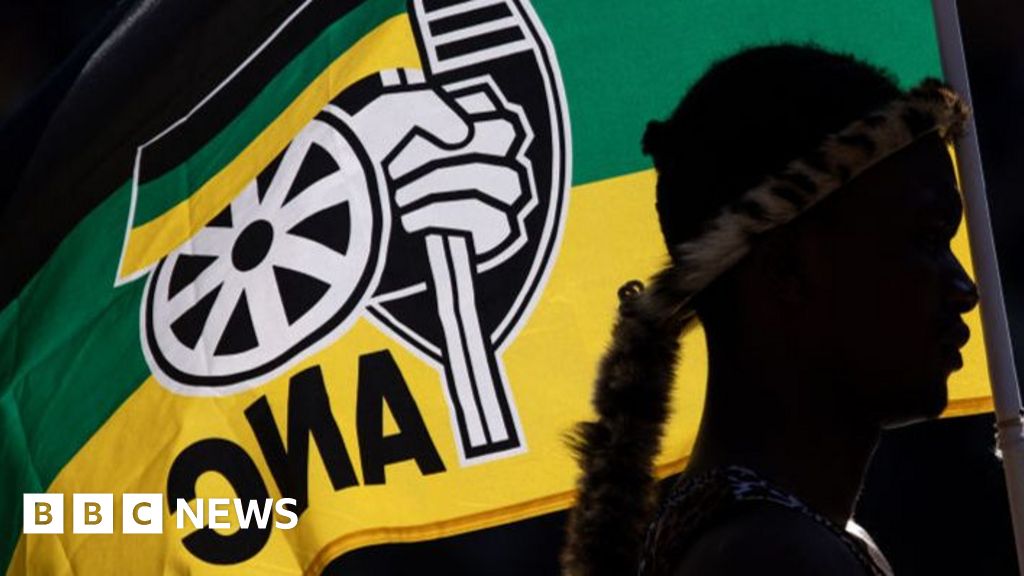South Africa undergoes a significant political shift as the African National Congress (ANC) and opposition parties form a coalition government following the country's historic elections. The ANC, which had long held a majority in Parliament, lost its control in the May 2023 elections. In response, Cyril Ramaphosa was reelected for a second term as president with the help of lawmakers from opposition parties such as the Democratic Alliance (DA) and Inkatha Freedom Party (IFP). This marks South Africa's first national coalition government since Nelson Mandela's power-sharing agreement with F.W. de Klerk in 1994.
Ramaphosa, who received 71.4% of the votes in Parliament against Julius Malema's 28.6%, secured his second term through a late coalition deal that saw opposition parties backing him to lead the country. The ANC's loss of its majority in Parliament came as a surprise, given its long-standing dominance in South African politics since the end of apartheid.
The new government, which is being hailed as a 'government of national unity,' has been met with hope from many South Africans who believe it will lead to better outcomes for the country. The coalition includes parties representing various ethnic and political groups, including the ANC, DA, IFP, and others. Some smaller parties are also expected to join.
The formation of this coalition government is a significant departure from previous political arrangements in South Africa. Unlike Mandela's power-sharing agreement with de Klerk in 1994, which was a voluntary alliance between the ANC and National Party, the new coalition is more of a political necessity for the ANC to maintain its grip on power.
The negotiations leading up to this coalition deal were intense and protracted. The DA's leader, John Steenhuisen, played a key role in securing an agreement with the ANC. However, the Economic Freedom Fighters (EFF), another major opposition party led by Julius Malema, refused to join the coalition.
The new government faces numerous challenges as it seeks to address issues such as economic stagnation, high unemployment, and entrenched poverty. Many South Africans are hopeful that this new political arrangement will lead to better outcomes for the country.


